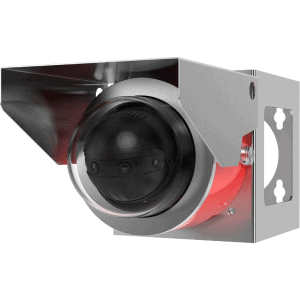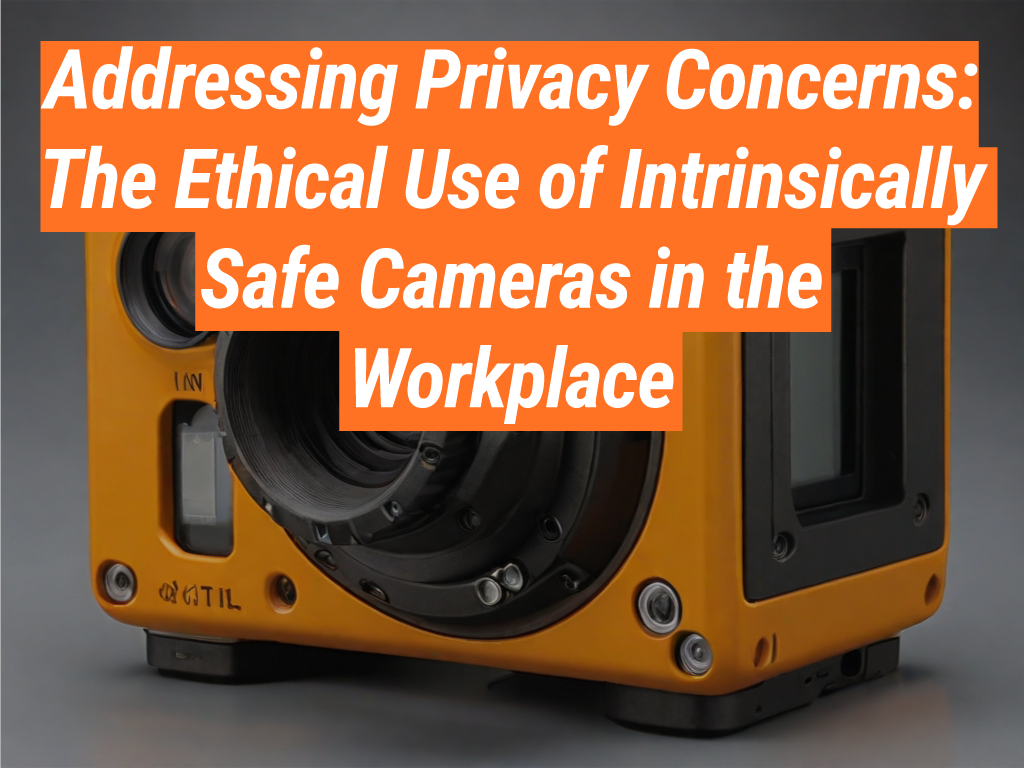Welcome to the Intrinsically Safe Store, your one-stop-shop for all your safety equipment needs. We understand the importance of maintaining a safe and secure workplace, and that’s why we offer a wide range of intrinsically safe cameras. But we also understand the concerns that come with workplace surveillance. That’s why we’re here to discuss the ethical use of these cameras and how to address privacy concerns. Visit our website to learn more about our products and services.
The Rise of Workplace Surveillance
Workplace surveillance has become increasingly common in recent years. Employers use surveillance technology, such as intrinsically safe cameras, to monitor employee productivity, prevent theft, and ensure safety. However, this rise in surveillance has also led to increased concerns about employee privacy.
What are Intrinsically Safe Cameras?
Designers create intrinsically safe cameras to operate safely in hazardous areas where traditional cameras may pose a risk. These cameras, being explosion-proof, can function in environments with flammable gases, dust, or vapors. Industries such as oil and gas, chemical manufacturing, and mining commonly use them.
Privacy Concerns with Workplace Surveillance
While workplace surveillance can have many benefits, it also raises significant privacy concerns. Employees may feel uncomfortable knowing they are constantly being watched, which can lead to stress and decreased job satisfaction. There are also concerns about the potential misuse of surveillance footage, such as discrimination or harassment.

The Ethical Use of Intrinsically Safe Cameras
Addressing these privacy concerns requires a careful and ethical approach to workplace surveillance. Here are some guidelines for the ethical use of intrinsically safe cameras:
- Transparency: Employers should be upfront about their use of surveillance cameras and explain the reasons for their use.
- Consent: Whenever possible, employers should obtain employee consent before implementing surveillance measures.
- Limitations: Employers should limit surveillance to areas where employees have a reduced expectation of privacy, like work areas, and should not use it in private areas like restrooms or locker rooms.
- Data Protection: Employers should have measures in place to protect the data collected by surveillance cameras and ensure it is not misused.
Case Study: Ethical Use of Intrinsically Safe Cameras
A good example of the ethical use of intrinsically safe cameras is in the oil and gas industry. These industries often operate in hazardous environments where safety is a top priority. By using intrinsically safe cameras, these companies can monitor their operations and ensure safety without putting their employees at risk. They also follow the ethical guidelines mentioned above, ensuring transparency, obtaining consent, limiting surveillance, and protecting data.
Ethical Workplace Surveillance with Intrinsically Safe Cameras
Workplace surveillance is a complex issue that requires a careful balance between safety and privacy. By following ethical guidelines, employers can use intrinsically safe cameras to ensure safety without infringing on employee privacy. At the Intrinsically Safe Store, we are committed to providing safe and ethical surveillance solutions. Contact us today to learn more about our intrinsically safe cameras and how they can benefit your workplace.


